Well Now Explorer January 2021
Live zoom session Mondays 07:00 – 8.30pm.https://us02web.zoom.us/j/85804373584
Meeting ID: 858 0437 3584 Passcode: 078019
Activity One
Aliveness and How We Frame ‘Health’
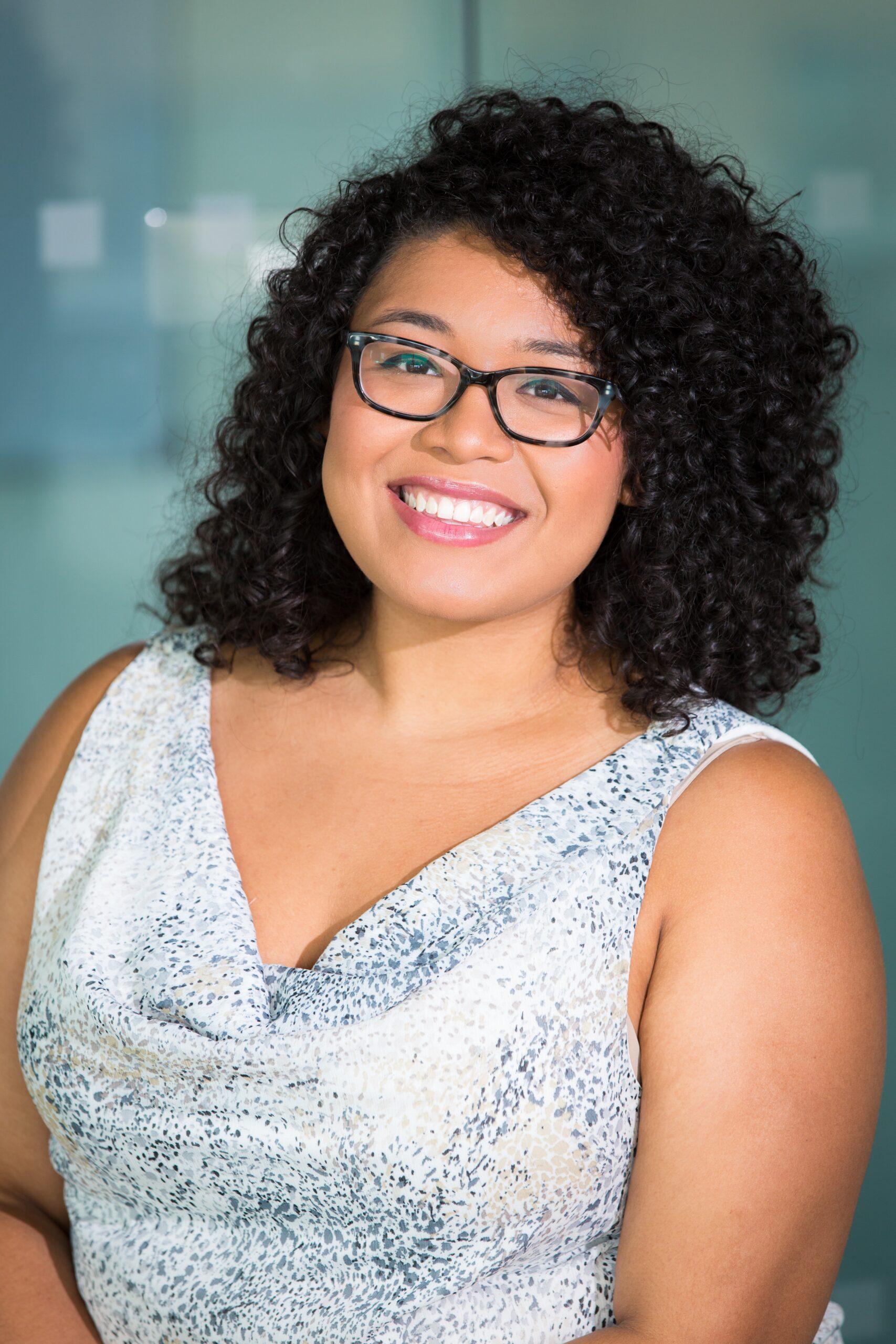 We live in a culture that has taught us to ask ‘how can I be healthy?’ Personal health is presented as a noble goal and a superior virtue.
We live in a culture that has taught us to ask ‘how can I be healthy?’ Personal health is presented as a noble goal and a superior virtue.
Framing being healthy like this embeds many deep assumptions that actually increase health injustice.
For example, it encourages a culture of individualism where it is ‘everyone for themselves’. We are meant to get on and get rich without caring about how our decisions impact others or the earth.
Tied to this it pretends ‘there is no such thing as society’. We are told that life is fair and to be wealthy and healthy all we need to do is try hard and apply willpower. This denies the reality of racism, fat stigma, air pollution, trauma, gender rigidity, ableism, war, colonial legacy, white privilege and much more.
The idea that it’s everyone for themselves, and welfare amounts to a ‘nanny state’ is explained by a concept called neoliberalism. Neoliberalism denies social reality , which I think is delusional.
Here’s some general questions in case you want to choose a few to think about:
How would your life, and the country, be different if we were taught to think about wellbeing differently? Instead of ‘how can I be healthy’ we might ask ‘how can we live well together?’
How can we best nurture our own vitality and that of others?
How can we heal, and how are personal healing and collective healing linked?
What new words do we need to speak these possibilities into being?
How can we acknowledge and process trauma and grow communities dedicated to deep change?
Where can we learn about practices that honour the earth and assume human and non-human/land interconnection?
Here’s some questions for journaling:
- What brings you alive? What matters to you?
- Can you finish the sentence: my life is a commitment to …….
I think healing is a process that helps us match our actions to our deep values and intent.
In Well Now the point of entry for healing is eating and body respect. What we learn from exploring food and body ruptures can ripple outwards and downwards as deep change.
Activity Two
Social Factors and Wellbeing
As we are all aware, public health messages are anti-fat. So, if public health stopped being anti-fat and promoted body respect, would that be job done?
Any move to stop fat bias is to be welcomed. However, fat bias is a symptom of flawed thinking. Changing fat bias alone doesn’t change this flawed thinking, it may even hide it for longer.
In this section I pinpoint flawed thinking in public health around lifestyle habits and social factors.
Public health messages tell people to cut down on salt. Do you know why – is it for blood pressure, diabetes, or gut problems?
The answer is blood pressure, and hence also heart health. (The link is arteries: high blood pressure can damage the blood vessels or arteries. Damaged arteries are more prone to develop plaques. If a piece of plaque comes free it can prevent the free flow of blood to the arteries leading to the heart. This can cause heart disease.)
Can you come up with other factors that could influence high blood pressure and heart health in a population. Think about conventional factors i.e. listed in public health leaflets, and social and historical factors.
Why are some people more affected than others? Why are some groups in a population more affected than others?
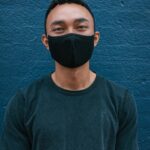
How much difference would dietary change alone through a low salt intake and more fruit and vegetables make to social class differences in heart disease?
If someone in a violent relationship has high blood pressure and cuts salt from their diet, what impact do you think this will have on their blood pressure?
You have probably figured out that how much salt we eat is not the only factor that influences our blood pressure. In fact, it is not even a key factor for most people.
This illustrates that focusing on lifestyle (salt) erases the fact that social factors have a huge impact on blood pressure.
More theory if you’re interested ~
Messages like ‘use less salt’ give a misleading impression about the causes of illness. This approach to nutrition is oversimplified and blames and shames people who are unwell. It also gives social merit to people who are well. These divisions further widen health inequity.
They bring us back to neoliberalism because they deny the reality of oppression, advantage, and plain bad luck.
More information is that the the way ‘reduce salt’ messages are presented makes it seem like there is unshakable (ha!) evidence behind the advice, which isn’t the case.
First, there isn’t strong evidence to support population salt reduction as safe or effective for blood pressure control. Second, even if there was, dietary profile has hardly any impact on the incidence of high blood pressure in a population.
What are some take away ideas for you from this section?
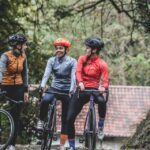
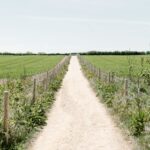 Activity Three
Activity Three
Movement Timeline
Does being active come easy to you, or is complicated? There are many reasons why people can reach adulthood viewing being active as a duty, something unpleasant, or even a punishment. Mainstream public health messaging doesn’t help: we’re often presented with exercise as a moral obligation to be endured for Health. The implication is that being physically active is straightforward, and of course this isn’t always true. Practical and emotional factors including mobility, disability, time, safety, cost, self-worth and self-consciousness interact to impact our activity levels.
The suggestion here is to draw a timeline where you consider how active you have been throughout different stages of your life. It can be interesting to make links between what is happening in your life that may have impacted your mobility and/or activity levels.
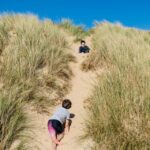
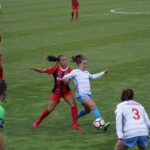
 Activity Four
Activity Four
Activity Five
Active Living
Some people find it helpful to think of ‘active living’ . This is where they are as active as is practical in their everyday schedule rather than activity being a separate event. Before Covid this could be through walking meetings, walking or jogging instead of sitting in the car while waiting for someone, social meet-ups that involved a chance to be active, meeting to walk a dog, and so on.
Who is the Expert?
It’s important to check in with yourself for information on what suits you. Sure, we can consult trained professionals too for advice, but they won’t know if you’re coming down with a cold and feeling unusually tired one day – only you will, and it matters that you respond to this.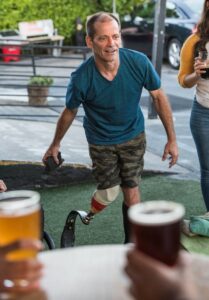
Plus, as with connected eating, it pays to use what we know from experience and intellect too. This means remembering that our body signals are useful and also constructed – they are not an innate guide to inner wisdom. Imagine you’ve just arrived home from work – it’s a Friday winter evening – and what you most feel like doing is opening some wine and crashing on the sofa. Your body is absolutely NOT crying out to be taken on a 4km run in the dark, where it’s cold and raining, or to do a zoom Zumba class. But you also know that if you don’t go out you’ll be really groggy all evening. And a run/Zumba mean you’d be energized, would feel like you’d reclaimed your evening, and would sleep better. You really want the feeling you get after moving so, despite your body craving the sofa, maybe you go out or maybe you stay in and dance around to the radio instead. And maybe tonight’s the night you find yourself yielding to undemanding embrace of the great grogginess.
Activity Six
Supporting Each Other
Are there any books, podcasts, practices, influencers, films, songs, shows etc etc etc that have helped you that you think might also help others?
If so, how about sharing these in the zoom chat next week?
I will type up suggestions and share the list in lesson 7.
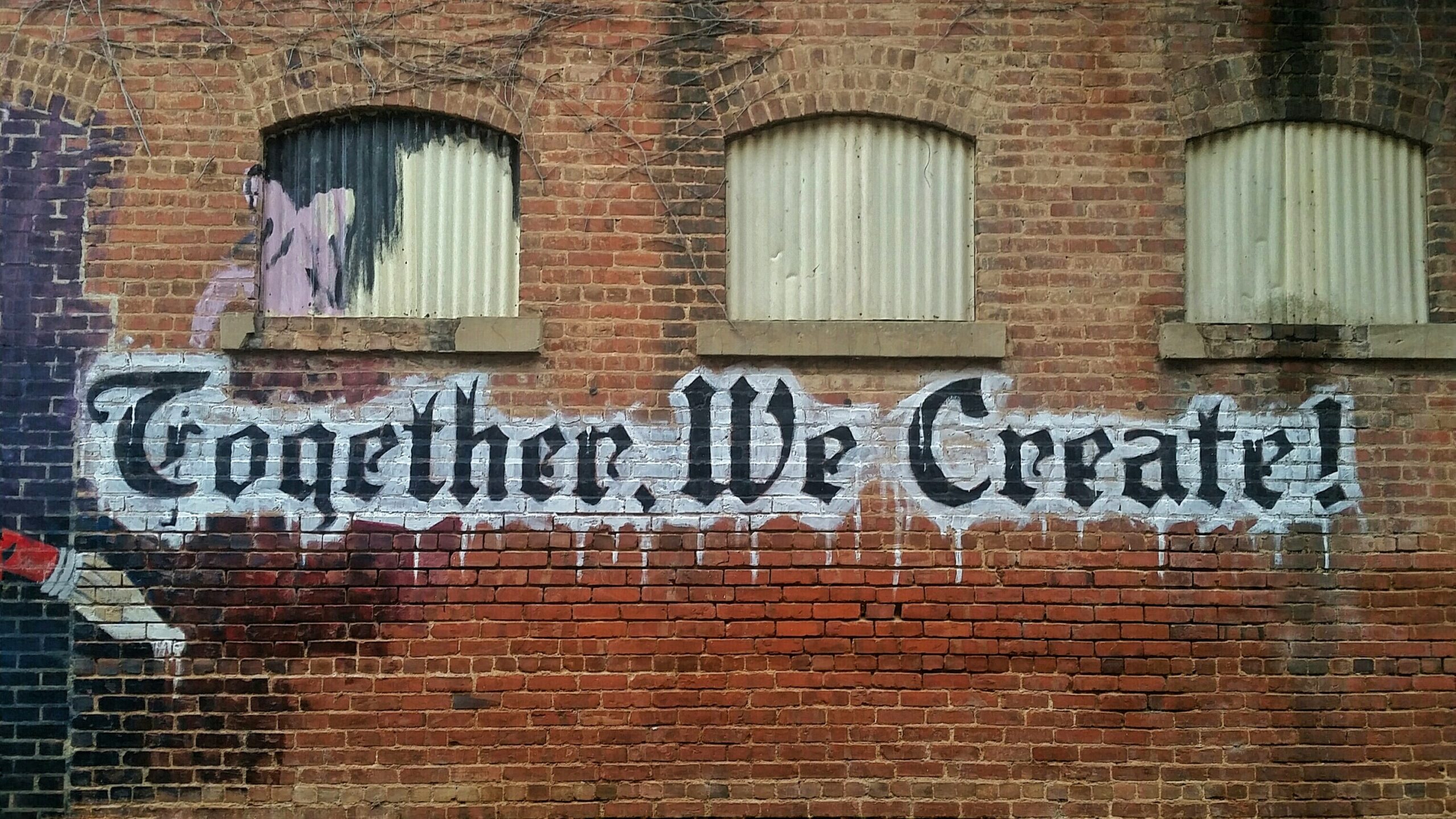
Activity Seven
A Reminder to Go Gently
These explorations can take us to vulnerable places. Please, go gently. There’s no level of acceptance, comfort, or understanding you ‘should’ be at with any of this. That’s white supremacy’s comparison and point scoring habits tripping us up.
The most important thing for learning and healing is that you feel safe enough, connected enough, to explore your beliefs and be with your feelings. This means being able to engage, and this means pacing yourself. Don’t worry about doing everything that’s suggested, amount doesn’t matter. Skip areas that feel not just challenging, but unsafe. It’s more important that you can be present with whatever you do, even for a short time and even for a tiny amount.

Have you got plans for relishing and cherishing? Whatever that means for you, I hope you get chance to follow the pleasure.
See you soon ~
